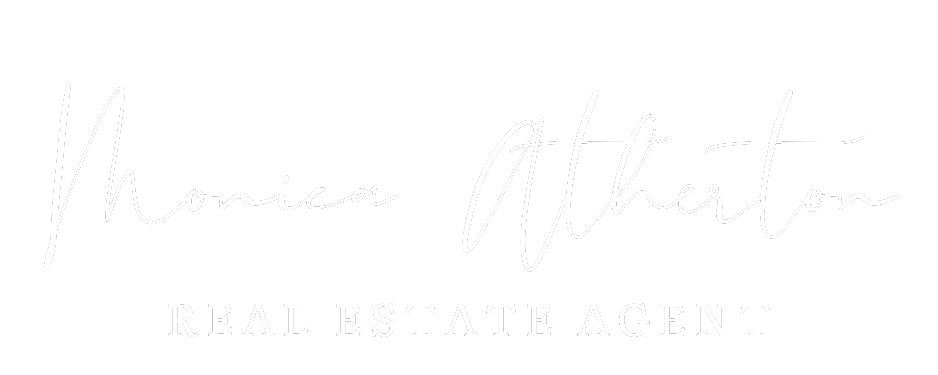Pricing Your Home Right:
Why it Matters and How to Do it
The Power of Pricing
Selling a home isn’t just about putting up a ‘For Sale’ sign and waiting for offers to roll in. The price tag you slap on your home is one of the biggest factors in determining how quickly—and profitably—it sells.
Set the price too high? Potential buyers might not even give your listing a second glance. They’ll scroll past your home in favor of a similar property that’s priced more competitively. Worse yet, if your home sits on the market too long, buyers may assume there’s something wrong with it, leading to lowball offers or forcing you into price reductions.
Too low? You could be leaving thousands of dollars behind—money that could go toward your next home, renovations, or simply maximizing your investment. Buyers may also question why it’s priced so low, wondering if there’s a hidden issue.
Finding that pricing sweet spot requires strategy, market knowledge, and a bit of realtor magic. A well-priced home not only attracts interest but can also spark bidding wars, driving the final sale price higher. So, let’s dive into why pricing your home right matters and how you can do it effectively!
Why Pricing Your Home Right is a Big Deal
1. Attract More Buyers
Buyers today are savvier than ever. They have access to market data, recent sales, and home value estimates with just a few clicks. If your price isn’t aligned with market expectations, buyers may skip right past your listing in favor of homes that are priced more competitively.
2. Faster Sale, Less Hassle
Overpriced homes tend to linger on the market. The longer your home sits, the more skeptical buyers become. They start wondering, What’s wrong with it? Why hasn’t it sold? The result? Price reductions, lowball offers, and more stress.
3. Avoid the ‘Stale Listing’ Curse
If a home sits too long without an offer, it can become what realtors call a ‘stale listing.’ Even if you lower the price later, buyers might assume there’s an issue and hesitate to make an offer.
4. Appraisal and Financing Issues
Even if a buyer is willing to overpay, their lender might not be. Appraisers evaluate homes based on comparable sales, and if your home doesn’t align with market values, the deal could fall apart when financing doesn’t come through.
How to Price Your Home Right
1. Know Your Market
Real estate isn’t one-size-fits-all. Markets shift, trends change, and comparable sales (or “comps”) are crucial.
Research recent sales in your neighborhood
Consider current market conditions (seller’s market vs. buyer’s market)
Check out homes similar in size, condition, and location
2. Work with a Realtor Who Knows Their Stuff
A good realtor doesn’t just guess at a price—they analyze the data, study the trends, and understand the local market inside out. They’ll help you set a competitive price that attracts serious buyers while maximizing your profit.
3. Use Strategic Pricing
There’s psychology in pricing. A home listed at $399,900 will attract more buyers than one listed at $400,000, simply because it falls into a lower search bracket.
4. Be Open to Adjustments
If your home isn’t getting the attention it deserves within the first few weeks, it might be time to tweak the price. A well-timed price reduction can reignite interest and bring in offers.
Common Pricing Mistakes to Avoid
Letting Emotions Drive the Price: It’s understandable—your home holds memories. But sentimental value doesn’t equal market value.
Ignoring Market Trends: Just because your neighbor sold their home for top dollar last year doesn’t mean you can do the same in today’s market.
Pricing Too High from the Start: Overpricing with the intention of “leaving room for negotiation” can backfire and deter potential buyers.
FAQs
1. What happens if I price my home too high? Overpricing can lead to a lack of interest, longer time on the market, and eventual price reductions that make buyers suspicious.
2. How do I know if my home is priced competitively? A competitive price is based on recent comparable sales, market conditions, and buyer demand. A realtor’s comparative market analysis (CMA) is the best way to determine this.
3. Should I price my home lower to get multiple offers? In some cases, pricing slightly below market value can create a bidding war, leading to a higher final sale price. However, this strategy should be discussed with your realtor.
Final Thoughts
Pricing your home right isn’t just about slapping on a number—it’s about strategy, market awareness, and smart decision-making. A well-priced home attracts buyers, sells faster, and often leads to better offers. So, work with a knowledgeable realtor, do your homework, and set your home up for success!

